- A Beginner’s Guide to IELTS
- Common Grammar Mistakes [for IELTS Writing Candidates]

Writing Correction Service
- Free IELTS Resources
- Practice Speaking Test
Select Page
IELTS Topics: Travel and Tourism
Posted by David S. Wills | Oct 12, 2020 | IELTS Tips | 0
One of the common IELTS topics that appears in the exam is that of travel and tourism. In today’s lesson, I will help you learn about this topic so that you can do well in your next test.
First we will look at a little vocabulary about travel and tourism , then we will explore some IELTS speaking and writing questions to give you an idea of what to expect.
Vocabulary about Travel and Tourism for IELTS
When you prepare for IELTS, you never need to know any specialist vocabulary, so for questions about travel and tourism you may find that you can give a brilliant answer with just simple language, as long as it is used with grammatical accuracy. Knowing the difference between “I went to London” and “I was going to London” is very important, for example.
Of course, there are other things to know. It helps to know modes of transport and related vocabulary. [You can learn about transport here .] Another interesting aspect is knowing things you might encounter while travelling, such as accommodation.
I made this PPT about travel accommodation many years ago, but I have just uploaded it today. 🙃 I hope you find it useful.
You should also know the necessary language to talk about types of travel or reasons for taking a trip. Sometimes, new words enter the language, such as “staycation,” which is a very recent portmanteau .
You might also find this list of synonyms for “trip” quite useful:
Travel and Tourism Questions [IELTS Speaking]
The topic of travel and tourism is really common in IELTS speaking. It could easily occur in any of the three parts of this test, so you should be prepared to answer a wide range of questions. [You can find some examples here .]
These questions will be pretty general and simple. It is entirely possible that the same basic question could be asked in a number of different ways.
Perhaps the most common question would be “do you like travelling?” This is very similar to “have you done much travelling?” Of course, the focus has changed slightly but the overall meaning is similar: it’s about you and travel .
I’ll give two sample answers to these questions so that you can understand better:
Q: Do you like travelling?
A: Yeah, I absolutely love travelling. I have visited many countries over the past few years, but of course this all stopped recently because of the virus.
Q: Have you done much travelling?
A: I have done quite a lot of travelling in my life. Altogether, I’ve visited about 50 countries and I try to spend a few weeks each year seeing new places.
Note: It is unlikely that these questions would be asked together because they are very similar. Also, I pretty much answered the second one in the middle of the first answer. I just included them to show how a “do you like travelling” IELTS answer example.
Vaguely Related: Space Travel
I definitely consider space to be a separate topic from travel, but there is some small degree of overlap here. For example, there is a reported IELTS speaking question that goes something like this:
- Do you want to travel in outer space?
- Would you want to travel in outer space?
You might also see this incorrectly reported as “do you want to travel in the outer space?” but this is not correct. We cannot say “the” before “outer space.” It is not a single, definite place. [Read about definite articles here .]
There are numerous possibilities for IELTS cue cards about travel. Here are two of them:
- Describe a place you have visited.
- Describe a place you would like to visit.
Of course, these would require basically the same sort of vocabulary to answer them, but the key difference would be the grammar. In the first instance, you are talking about the past, but in the second you are talking about a possible future.
Here is another one:
- Describe a memorable holiday.
This is pretty similar to the first cue card above, but the word “memorable” must guide our approach. You can see my answer in this video:
In part three of the IELTS speaking test, the questions will become more difficult. These will include abstract topics like age, gender, ethics, and so on. You might encounter questions like this:
Q: Do you think men and women enjoy different types of holiday?
A: I suppose that in general they probably do have different preferences, but of course we should acknowledge the fact that everyone is different and so there are women who enjoy stereotypically male holidays and men that enjoy stereotypically female ones. To give an example, it could be argued that men prefer more active, robust holidays that involve uncertainty, adventure, and even danger. However, I know some women who love this type of thing and so it is not really smart to make assumptions about people.
Q: Do you think that travelling abroad always changes people’s perspective on life?
A: No, not at all. While it certainly is possible that travelling can change people’s perspectives, it is by no means guaranteed. In fact, when you travel to places like Thailand, you see that most tourists have no understanding of the local culture and just hold on to their own original views. The experience may change some people, but I think most people live in a little bubble when they go abroad, and this prevents them from really learning anything.
Notes: I described the sort of travel that men like in interesting terms: “men prefer more active, robust holidays that involve uncertainty, adventure, and even danger.” This is good, descriptive language!
Travel and Tourism Essays for IELTS Writing
Now we shall move on from speaking and instead look at the IELTS writing test. In this section, I will show you some questions about travel and tourism, then show you my sample band 9 answer.
Here is a question that features data about people travelling. I thought that this travel and tourism essay was really interesting, so I have included it here alongside my sample answer.
The line graph displays the numbers of tourists that visited an unnamed Caribbean island between 2010 and 2017. The tourists are divided into two groups – those staying on cruise ships and those staying on the island itself – and these had a loosely inverse correlation. The total number of visitors, however, rose more or less continuously throughout the eight-year period.
In the first year recorded, which was 2010, there were about twice as many tourists staying on the island as those staying on cruise ships. A year later, the number staying on cruise ships doubled to a half million, but this dropped back to around a quarter million in 2012. When the figures for tourists on cruise ships dropped, the number staying on the island rose quickly and over the coming few years, as this sudden increased levelled off, the number of people who stayed on board their ship continued to grow again.
Between 2012 and 2017, there were more and more visitors staying on cruise ships. From just a quarter million, this rose to two million, while the figures for those on the island levelled off at just one and a half million and then dropped slightly in the penultimate year, before finishing at one and a half. This meant that, for the final two years, more tourists stayed on cruise ships than on the island.
Notes on the Answer
In the introduction, I said “an unnamed Caribbean island.” It can sometimes be difficult to introduce something whose name you don’t know, and this is a really convenient way to do it. I strongly recommend you say “an unnamed ___” when this situation arises.
I have also used very few numbers in this essay. Instead of writing 250,000 or 2,000,000, I have said things like “a quarter million” and “two million.” This is much easier. [You can read more about IELTS and numbers here .]
Here is another travel and tourism essay question:
In future, more people will choose to go on holidays in their own country and not travel abroad on holiday.
Do you agree or disagree?
Sample Band 9 Answer
In recent years, people have coined the word “staycation” to describe the phenomenon of taking a holiday closer to home. This essay will argue that such holidays will become more common in the future.
First of all, it may seem as though international travel will become increasingly common, but in fact it is quite clear that it is an unsustainable trend. The carbon cost of flying to another country is enormous, and so many people have begun to ask whether it is ethical to continue doing this. Beyond just the personal level, it is clear that pretty soon governments will have to impose restrictions to limit the number of flights; otherwise, the world will suffer immensely from the burden of so many journeys.
In many parts of the world, people are probably ready to embrace this situation. Humans have had a terrible impact upon the world and many feel that it is time to undo the damage done. This involves some measure of personal sacrifice, which in this case could be forgoing the sort of international trips that used to be quite common. However, this is not all bad. Although foreign countries and exotic locations are exciting, there are treasures almost everywhere. Countries like the UK have poor weather, which is why so many people travel to warmer climates, but the natural beauty of the landscape and the extraordinary historical and cultural sites present myriad options for curious travellers. There will likely be a resurgence of interest in such trips.
In conclusion, it is quite possible that in the future people will realise how much damage humans have done to the world. Many of them may endeavour to make the sort of sacrifices necessary to counteract this ecological destruction, and one small step is embracing local travel.
Notes on the Essay
First of all, you can see that I incorporated the word “staycation” right at the beginning. When you use modern language like this, please don’t just jam it carelessly into your essay. Often, it is very informal, so you can only use it when properly introduced. In this case, I clearly explained its meaning and commented upon it from a sociological perspective.
Here is some more travel and tourism vocabulary from my essay:
- unsustainable trend
- carbon cost
- impose restrictions
- international trips
- exotic locations
- warmer climates
- myriad options
- ecological destruction
You can see that a lot of my language related to the environment, and of course that is often tied to the topic of travel and tourism because of the negative impacts these have on our planet.
I hope that you enjoyed my IELTS essays on travel and tourism, as well as the sample speaking answers I provided. Please remember that your own answers should be unique to you . Don’t try to copy others too much. Your vocabulary will depend upon your life experiences and the places you would or wouldn’t like to visit.
About The Author
David S. Wills
David S. Wills is the author of Scientologist! William S. Burroughs and the 'Weird Cult' and the founder/editor of Beatdom literary journal. He lives and works in rural Cambodia and loves to travel. He has worked as an IELTS tutor since 2010, has completed both TEFL and CELTA courses, and has a certificate from Cambridge for Teaching Writing. David has worked in many different countries, and for several years designed a writing course for the University of Worcester. In 2018, he wrote the popular IELTS handbook, Grammar for IELTS Writing and he has since written two other books about IELTS. His other IELTS website is called IELTS Teaching.
Related Posts
The 6 Best Books for Studying IELTS
May 7, 2017
30 Common IELTS Writing Topics
March 2, 2020
8 IELTS Reading Tips
January 24, 2022
Writing Task 1: How to Write an Intro
March 24, 2017
Leave a reply Cancel reply
Your email address will not be published. Required fields are marked *
This site uses Akismet to reduce spam. Learn how your comment data is processed .
Download my IELTS Books
Recent Posts
- How to Write an Overview for IELTS Writing Task 1
- Cambridge IELTS 19 – Sample Answers
- Commas and Time Phrases
- Ambition and Success: Sample IELTS Essay
- Do the Advantages Outweigh the Disadvantages? – Advice About This Question Type
Recent Comments
- David S. Wills on Writing Correction Service
- Laras on Writing Correction Service
- Faith on Writing Correction Service
- Lesson Plans
- Model Essays
- TED Video Lessons
- Weekly Roundup
IELTS Travel, Tourism & Adventure Vocabulary : Useful Phrases & Expressions in IELTS Speaking
Updated On Sep 13, 2023
Share on Whatsapp
Share on Email
Share on Linkedin
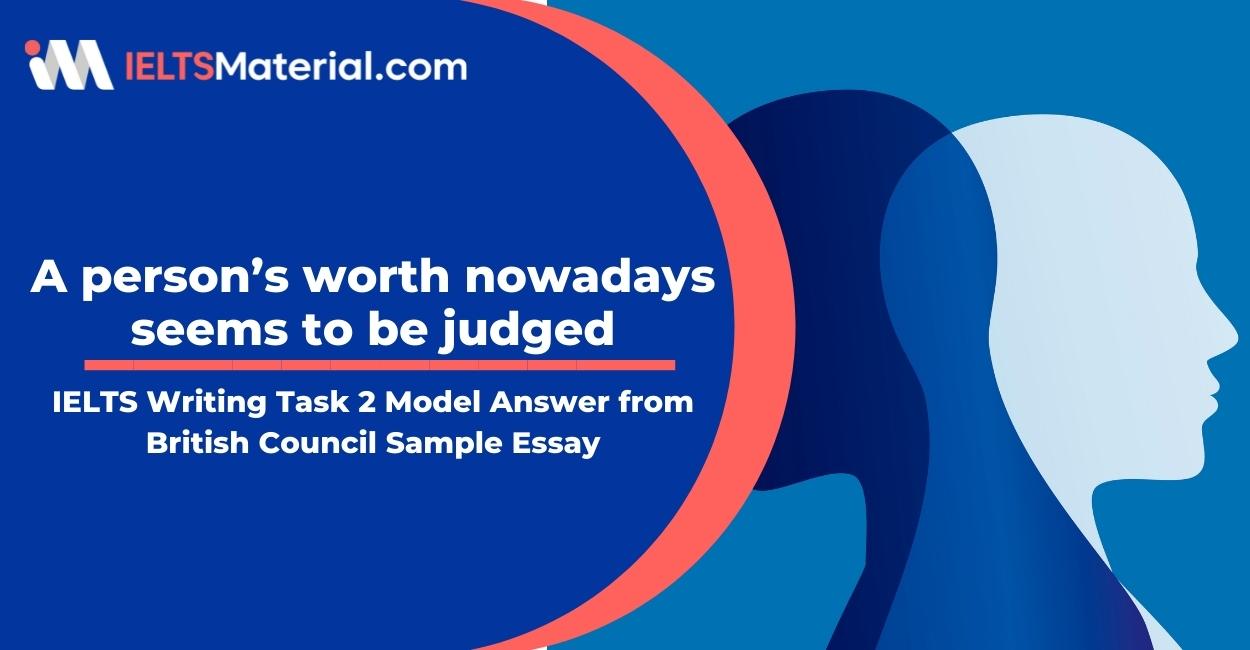
Table of Contents
- Useful Collocation and Expressions for IELTS Speaking – Topic:Travel
Limited-Time Offer : Access a FREE 10-Day IELTS Study Plan!
A good vocabulary is a big part of gaining fluency in a second language. To do so you must familiarize yourself with common phrases, metaphors and sayings in any given niche field or topic that you may have to speak on. Today we will share with you a wide range of travel and tourism vocabulary words for IELTS to help you boost your IELTS score on any IELTS Speaking or writing question that has to do with travel & adventure.
Useful Collocation and Expressions for IELTS Speaking – Topic:Travel
To get away : To escape, to go somewhere that is not your home. You can also use the noun “a getaway.”
Example: Last week, I had a great chance to get away from the hustle and bustle of the city to visit an ancient village in the countryside.
A thirst for adventure : strong desire for travelling/adventure
Get itchy feet: have a strong desire to travel
Example: I’ve always had a thirst for adventure and often get itchy feet so I decided to set out to a journey from the North to the South of Australia next month.
To find a gem: When you find a place where only locals go and other tourists don’t visit.
Example: Try to find a local guide when you visit a foreign country to successfully find a gem during your trip.
Arduous journey: difficult & tiring journey
Break the journey: stop for a short time during journey
Example: I had a arduous journey to the South of Vietnam last year. I thought I would break the journey somewhere but I finally did it all in one go.
Adventurous explorer: a traveler who is willing to do or try new and daring things
Have a stopover: Have a brief overnight stay in a place when on a long journey to somewhere else, usually by air
Example: I had a stopover in China on the way to Thailand, had a bit of a rest, and did the sights there before travelling on.
Low-cost airline: discount or budget airline
Put somebody on standby: make me wait to see if a seat become available
Example: Last week I got a flight on a low-cost airline to Paris. I then tried to get a flight to the UK but they were all full, so they put me on standby.
To take a red eye: To take a late night airline flight
Example: I had to take a red eye and now I’m exhausted.
Intrepid explorer: brave, with no fear of dangerous situations
Example: In the course of a long and proud career, an intrepid explorer turned herself into a perfect lady.
Off the beaten track: An unusual route or destination
Example: My best friend is a intrepid traveler who has a real sense of adventure. He always love to set out on a journey off the beaten track
Unexplored wilderness: not looked into or investigated; something that you have not done or experienced before
Example: I’m thirsty for a journey into unexplored wilderness and getting right off the beaten track.
To take the road less traveled: To do things differently and to think outside of the box.
Example: Adventurous travelers like to take the road less traveled when visiting a new country.
A real sense of adventure: the urge to explore beyond your daily surroundings and open yourself up to the adventure
To have wanderlust: To want to move around and see a lot of things around the world. To not want to stay in one place.
Example: I had a incurable case of wanderlust.
The first leg of the journey: the first segment of a journey; the first flight of a multi-flight trip.
Example: The first leg of the journey got me to the UK but it just gave me very little indication of what lay ahead.
Off the beaten track (path): in a place where few people go; unusual route/destination
Example: Most young travelers make the effort to get off the tourist trail and look for off the beaten path destinations to experience the raw beauty of the country.
Also check :
- IELTS Vocabulary
- IELTS Speaking tips
- Linking words for IELTS Speaking
- IELTS Speaking recent actual test
- Best IELTS Vocabulary books
- Grammar for IELTS
- IELTS Listening words
- Sports Vocabulary IELTS
- English Pronunciation in use Intermediate pdf
- Work Vocabulary IELTS
- Idioms for IELTS Speaking
- Advanced Vocabulary for IELTS
- IELTS Pronunciation Guide
- Common English words in IELTS Speaking
Part 1 Sample Questions
- Do you like to travel?
- What kind of places have you visited in your life?
- Which place would you really like to visit? Why?
- What’s the best place you’ve ever visited?
- Which form(s) of transport do you usually use?
- What is the easiest way to get around your town/city?
- Do people use public transport where you live?
- Are there any problems with the public transport system in your town/city?
- How do you prefer to travel on long journeys?
- What is the most unusual method of transport you’ve ever used?
Part 2: Cue Card
Describe an interesting journey you have been on./Describe an adventure you had.
You should say :
- where you went
- how you traveled there
- who you went with
and explain what was so memorable about the journey/adventure.
Part 3 Sample Questions
- How important is it to have adventure in our lives?
- What do people learn about themselves from having adventures?
- How do you think people will travel in the future?
- How easy is it to travel around your country?
- Which method of travel do you consider safest?
- Has travel become safer in recent years?
- What are the pros and cons of low-cost air travel?
Remember, the worst thing you could do on the IELTS is to sound like every other Band 6 student by using typical IELTS vocabulary.
Make sure you are using interesting and native vocabulary throughout the exam like the ones in today’s article.
Check out other IELTS Vocabulary lessons for different topics in the Speaking section ( Environment , Accommodation , Education , People (Personality & Appearance) , Sports , Holiday , Relationship )
If you want to boost your IELTS score by polishing up your vocabulary, figure out the lesson: How To Boost Your Vocabulary Score In IELTS ?
Explore IELTS Speaking

Start Preparing for IELTS: Get Your 10-Day Study Plan Today!

Nafia Zuhana is an experienced content writer and IELTS Trainer. Currently, she is guiding students who are appearing for IELTS General and Academic exams through ieltsmaterial.com. With an 8.5 score herself, she trains and provides test takers with strategies, tips, and nuances on how to crack the IELTS Exam. She holds a degree in Master of Arts – Creative Writing, Oxford Brookes University, UK. She has worked with The Hindu for over a year as an English language trainer.
Explore other Speaking Articles
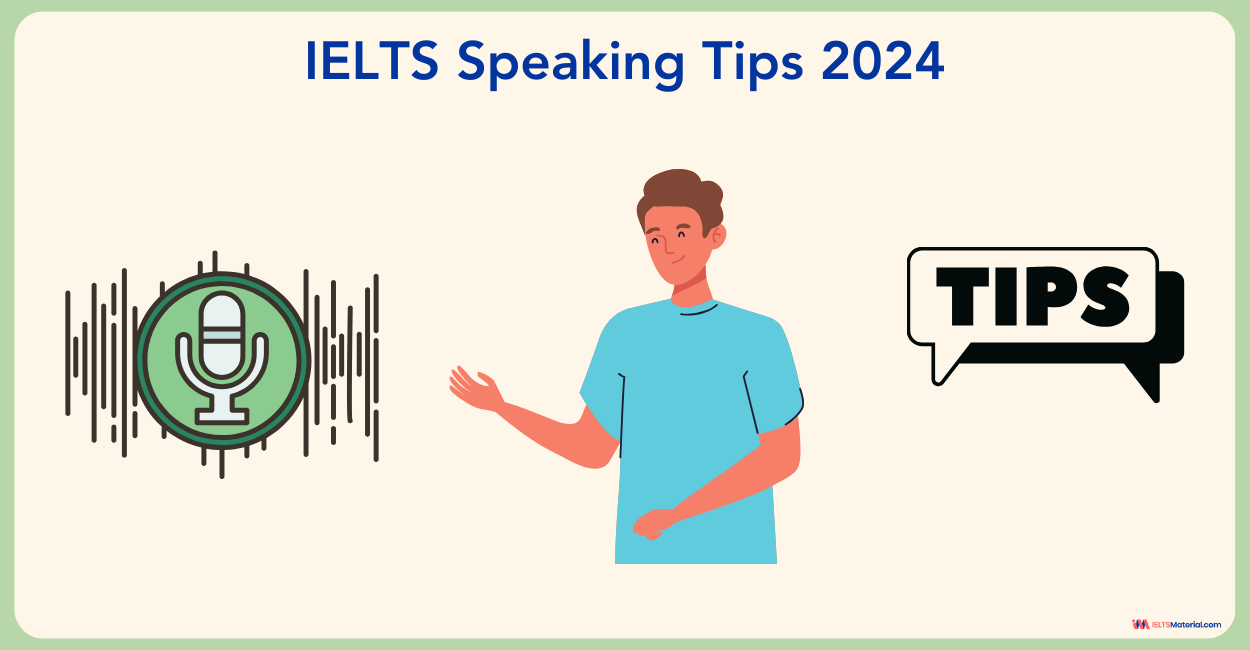
Kasturika Samanta

Post your Comments
Recent articles.

Haniya Yashfeen

IELTSMaterial Master Program
1:1 Live Training with Band 9 Teachers
4.9 ( 3452 Reviews )
Our Offices
Gurgaon city scape, gurgaon bptp.

Step 1 of 3
Great going .
Get a free session from trainer
Have you taken test before?
Please select any option
Email test -->
Please enter Email ID
Mobile Band 9 trainer -->
Please enter phone number
Application
Please select any one
Already Registered?
Select a date
Please select a date
Select a time (IST Time Zone)
Please select a time
Mark Your Calendar: Free Session with Expert on
Which exam are you preparing?
Great Going!
- IELTS Scores
- Life Skills Test
- Find a Test Centre
- Alternatives to IELTS
- All Lessons
- General Training
- IELTS Tests
- Academic Word List
- Topic Vocabulary
- Collocation
- Phrasal Verbs
- Writing eBooks
- Reading eBook
- All eBooks & Courses
- IELTS Vocabulary
Travel and Tourism Vocabulary for IELTS
This travel and tourism vocabulary for IELTS will help you with any speaking questions that may come up around this topic or essays related to it.
You may know some of the words, but you can see examples of them in context which will help you know how to use them correctly.
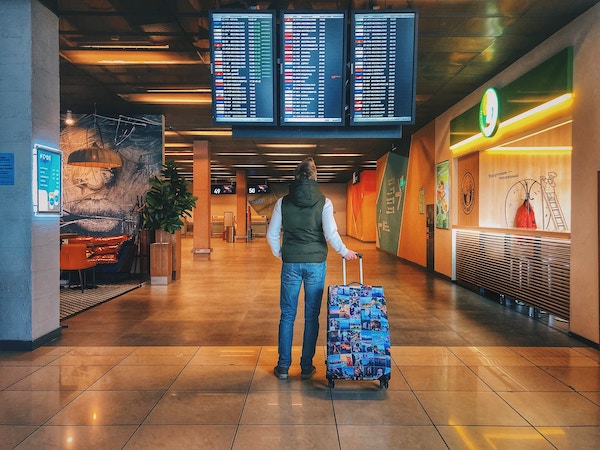
Accommodation
A place to stay overnight or for a period of time.
- "We booked a comfortable accommodation near the beach for our summer vacation."
- "The hotel offers a range of accommodations, from standard rooms to luxurious suites."
An exciting or daring experience, often associated with outdoor activities.
- "He decided to go bungee jumping as he wanted to experience an adrenaline-pumping adventure."
- "We embarked on an exciting adventure by taking a safari tour in the African savannah."
Attractions
Places or things that are interesting or captivating to visit.
- "The city is famous for its numerous attractions, such as museums, parks, and historic landmarks."
- "We visited all the popular tourist attractions in London, including the Tower of London and Buckingham Palace."
Backpacking
A style of travel involving carrying all necessary belongings in a backpack and staying in budget accommodations.
- "She went backpacking through Southeast Asia, staying in hostels and meeting fellow travelers along the way."
- "Backpacking allows you to explore different destinations on a tight budget."
A trip or vacation on a ship, usually involving stops at different ports.
- "My parents are going on a Mediterranean cruise, visiting several countries in the region."
- "We enjoyed a luxurious cruise around the Caribbean, stopping at beautiful tropical islands."
The style of cooking or particular dishes associated with a specific region or culture.
- "I can't wait to try the local cuisine, especially the traditional street food."
- "The restaurant specializes in Italian cuisine, offering a variety of pasta and pizza dishes."
The customs, traditions, arts, and social institutions of a particular group of people.
- "Immersing yourself in the local culture is an important aspect of traveling."
- "We attended a traditional dance performance to experience the local culture."
The money used in a particular country.
- "You should exchange your currency to the local currency before traveling to avoid any inconvenience."
- "The hotel accepts various currencies, including US dollars and Euros."
Destination
A place where people travel to or visit.
- "Paris is a popular tourist destination known for its beautiful architecture and rich history."
- "I am planning my next vacation and cannot decide on a destination yet."
The presence of a wide range of human differences within a group, organisation, or society, encompassing aspects such as race, ethnicity, gender, sexual orientation, socio-economic status, age, religion, ability, and more.
- "One of the most enriching aspects of traveling abroad is experiencing the diversity of cultures firsthand, from sampling traditional foods to participating in local customs and rituals."
- "In bustling cities like London and New York, the diversity of people you encounter while exploring the streets highlights the global interconnectedness of travel, offering a mosaic of languages, traditions, and perspectives."
Responsible travel to natural areas while minimizing the negative impact on the environment and supporting local communities.
- "We participated in an ecotourism program, where we learned about sustainable agriculture practices in the rainforest."
- "Ecotourism has become increasingly popular as travelers seek authentic experiences with minimal environmental impact."
A journey undertaken for a specific purpose, often involving exploration or research.
- "The scientific expedition aims to study the wildlife in the remote rainforest."
- "We joined an expedition to climb the highest peak in the region."
A person who leads or shows the way, providing information and assistance to travelers.
- "The tour guide explained the history and significance of the ancient ruins."
- "We hired a local guide to navigate through the bustling markets."
A book providing information on a specific place, including recommendations for sightseeing and accommodations.
- "I bought a guidebook for New York City to help plan my itinerary and find the best restaurants in the area."
- "The guidebook contains maps and useful tips for travelers."
A vacation taken by newlyweds immediately following their wedding.
- "They went on a romantic honeymoon to the Maldives, enjoying private beach villas and romantic candlelit dinners."
- "The couple decided to postpone their honeymoon due to work commitments and planned to take it later in the year."
Hospitality
The friendly and welcoming treatment of guests or strangers.
- "The locals showed us great hospitality, ensuring we had a comfortable stay in their town."
- "The hotel staff provided excellent hospitality, going above and beyond to meet our needs."
An inexpensive lodging option, offering shared rooms and facilities, often used by budget travelers.
- "We stayed at a hostel in Amsterdam, meeting other young travelers from different parts of the world."
- "The hostel provides free breakfast and Wi-Fi for its guests."
A plan or schedule of a trip, including the places to visit and the activities to be done.
- "I have prepared a detailed itinerary for our trip to Thailand, including all the tourist attractions we want to see."
- "Make sure to check your itinerary to see if there are any changes to the departure time."
A temporary sleep disorder caused by traveling across different time zones.
- "After flying from New York to Tokyo, I experienced severe jet lag and had trouble adjusting to the new time zone."
- "To prevent jet lag, it is advisable to stay hydrated and try to sleep on the plane."
A notable or recognizable feature of a landscape or place.
- "The Eiffel Tower is one of the most iconic landmarks in Paris."
- "We took a selfie in front of the famous landmark."
Relating to or characteristic of a particular place or its inhabitants.
- "We enjoyed trying the local cuisine and interacting with the friendly locals."
- "The local tour guide showed us around and shared interesting stories about the area."
The physical world and its natural features, including plants, animals, and landscapes.
- "The national park is known for its breathtaking natural beauty, with stunning waterfalls and lush forests."
- "We went hiking to experience the wonders of nature."
Off the beaten path
The activity of visiting interesting or famous places.
- "We spent the whole day sightseeing in Rome, visiting iconic landmarks such as the Colosseum and the Vatican."
- "The city offers various sightseeing tours, allowing visitors to explore the best attractions."
A place designed for relaxation and recreation, offering leisure amenities and often located in attractive surroundings.
- "The beachfront resort provides luxurious accommodation, spa facilities, and a private beach."
- "We booked a family-friendly resort that has a kids' club and swimming pools."
Sightseeing
Referring to places or routes that are not frequently traveled by tourists, often offering unique and authentic experiences.
- "During our trip to Italy, we decided to venture off the beaten path and explore the charming villages nestled in the countryside".
- "Instead of sticking to the crowded tourist hotspots in Thailand, we opted for an off the beaten path adventure, trekking through remote jungles and discovering hidden waterfalls that few travelers have ever seen".
A memento or keepsake often purchased as a reminder of a trip or experience.
- "I bought a beautiful handmade necklace as a souvenir from my trip to Bali."
- "The souvenir shop offers a wide range of products, including keychains, magnets, and t-shirts."
Stereotyping
The process of making assumptions or generalisations about a group of people based on characteristics such as race, ethnicity, nationality, gender, or other factors, often oversimplifying or exaggerating traits and ignoring individual differences.
- "Despite its reputation for being unsafe, John found that his experience traveling in South America shattered the stereotyping he had heard, as he encountered warmth and hospitality from the locals in every city he visited."
- "While planning her trip to Asia, Sarah was warned by friends to be cautious of pickpockets and scams, but upon arrival, she discovered that such stereotyping didn't accurately reflect the diverse and welcoming cultures she encountered throughout her journey."
A guided journey or trip, often with a planned itinerary and organized by a travel company.
- "We are going on a guided city tour to explore the main attractions."
- "The tour includes transportation, accommodation, and meals."
A person who is traveling or visiting a place for pleasure or leisure.
- "The city attracts millions of tourists each year due to its historical significance and cultural diversity."
- "The tourist asked a local for directions to the nearest museum."
A person who is traveling, particularly for leisure or business.
- "As an avid traveler, she has visited over 30 countries around the world."
- "The fellow traveler recommended a hidden gem restaurant in the city."
An endorsement on a passport granting permission to enter, leave, or stay in a country for a specified period.
- "I need to apply for a visa before I can travel to China."
- "Her visa expired, so she had to leave the country and reapply for a new one."
View an International Travel and Prejudiced Essay which uses travel and tourism vocabulary for IELTS
More Topic Related Vocabulary:

The Arts Vocabulary
Learn about the Arts vocabulary to help you in the IELTS test for speaking, writing, reading and listening.
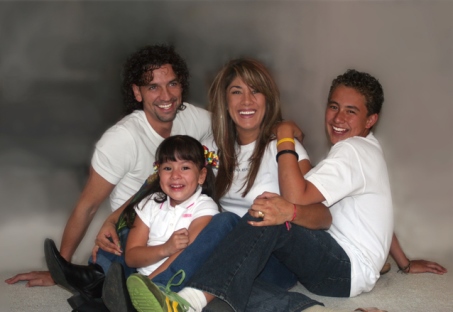
Children and the Family Vocabulary
Children and the Family Vocabulary for IELTS - essential vocabulary to help to improve your score for IELTS

Crime Vocabulary for IELTS
Crime vocabulary to help you with IELTS essays and speaking. Common Crime Words.

Work Vocabulary for IELTS
Work vocabulary to improve your IELTS score. The words are related to the topics of jobs, careers and occupations.

Science Vocabulary for IELTS
Science vocabulary to improve your score for the IELTS test. Learn words that can be used in the test, with examples and definitions.

Education Vocabulary for IELTS
Learn useful education vocabulary for IELTS to help you with your writing, speaking and reading.
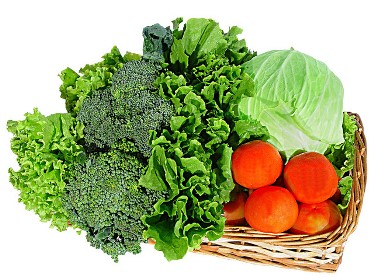
Health Vocabulary
This health vocabulary includes useful words to talk and write about health, ftiness and food

Information Technology Vocabulary for IELTS
Learn information technology vocabulary, which provides you with a new word, a definition, and then the word in context.
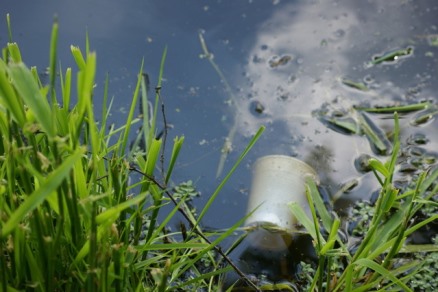
Environment Vocabulary for IELTS
Environment vocabulary words and definitions that you can learn in order to increase your score for the IELTS test.
Any comments or questions about this page or about IELTS? Post them here. Your email will not be published or shared.
Band 7+ eBooks
"I think these eBooks are FANTASTIC!!! I know that's not academic language, but it's the truth!"
Linda, from Italy, Scored Band 7.5

Bargain eBook Deal! 30% Discount

All 4 Writing eBooks for just $25.86 Find out more >>
IELTS Modules:
Other resources:.
- Band Score Calculator
- Writing Feedback
- Speaking Feedback
- Teacher Resources
- Free Downloads
- Recent Essay Exam Questions
- Books for IELTS Prep
- Useful Links

Recent Articles
Online IELTS Listening Test Section 4
Nov 14, 24 02:35 AM
IELTS Podcasts
Nov 10, 24 04:25 PM
Improve Coherence and Cohesion in IELTS Writing
Oct 27, 24 07:24 AM
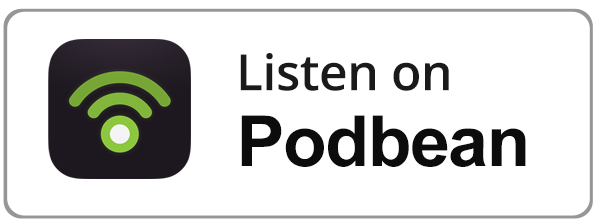
Important pages
IELTS Writing IELTS Speaking IELTS Listening IELTS Reading All Lessons Vocabulary Academic Task 1 Academic Task 2 Practice Tests
Connect with us
Podcast

Before you go...
30% discount - just $25.86 for all 4 writing ebooks.

Copyright © 2022- IELTSbuddy All Rights Reserved
IELTS is a registered trademark of University of Cambridge, the British Council, and IDP Education Australia. This site and its owners are not affiliated, approved or endorsed by the University of Cambridge ESOL, the British Council, and IDP Education Australia.

IMAGES
VIDEO